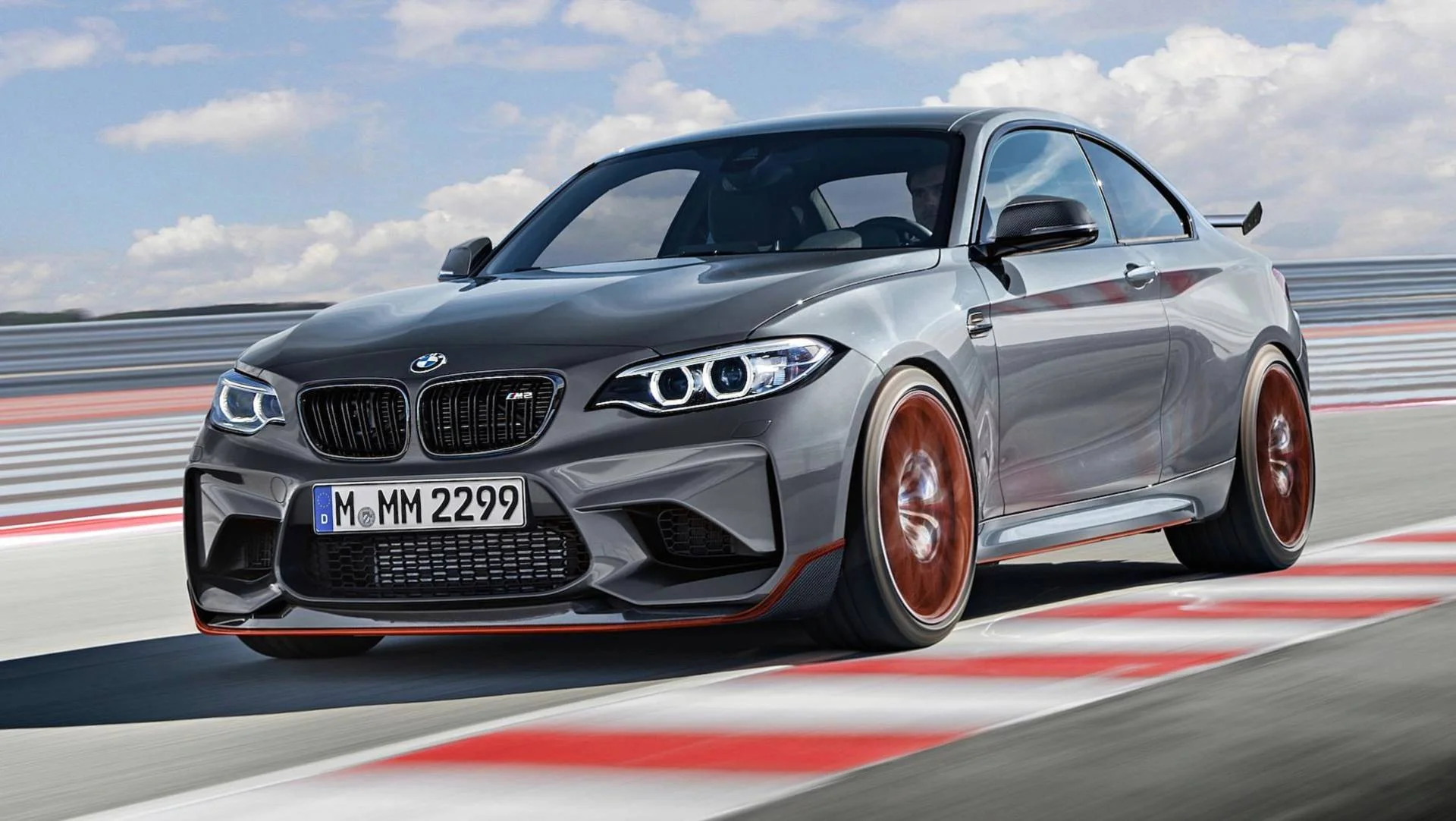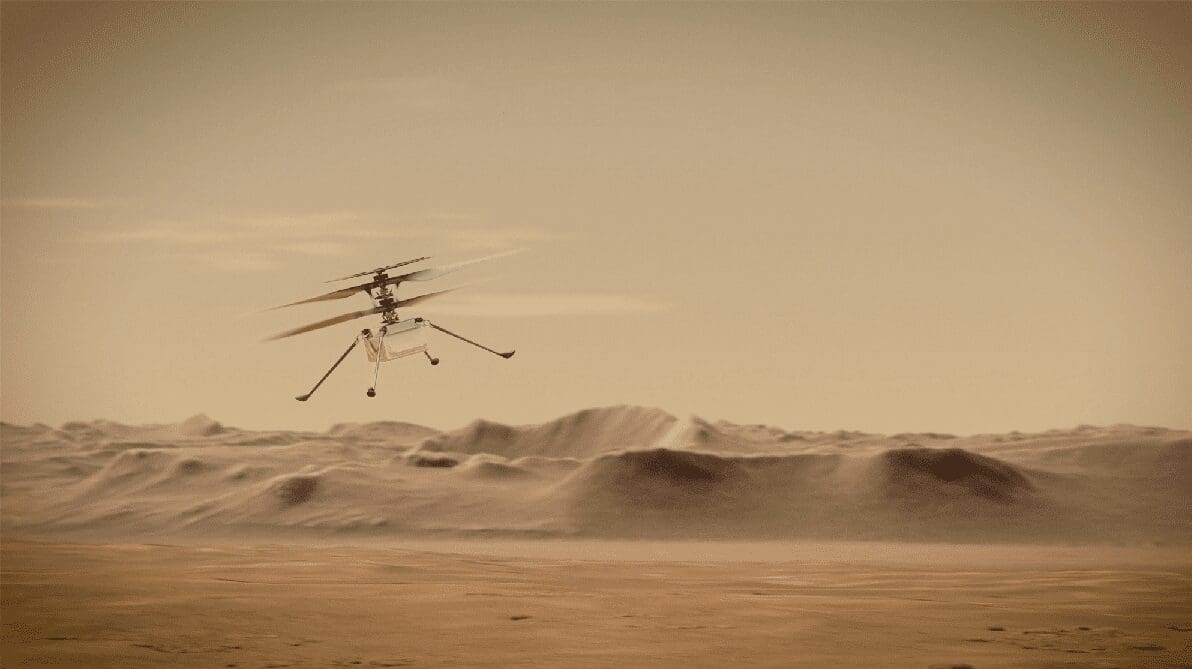BMW To Rebuild Innovative Coupe In The Near Future

People who cared about BMW’s proud sporty RWD heritage were understandably concerned when the 1 and 2 Series ranges were shifted to the same FWD platform as the Mini range. Did this imply that the compact rear-drive BMW, with which the company had been synonymous for decades, was about to be phased out?

While the 3 Series was still relatively compact at the time, it had grown in size since its inception, and cars like the glorious 2002 Turbo, E30 M3 and E36 M3 were the foundations on which BMW had built its reputation. Something FWD, or even AWD, just wouldn’t do.
BMW Coupe
Thankfully, BWM was aware of this as well, and quietly planned a sneaky little bait-and-switch with the 2 Series name – the four-door Gran Coupe models would be on the FWD platform, powered solely by four-cylinder engines, while the next two-door 2 Series Coupe would be developed separately on the same platform as the Z4 and Toyota Supra. That’s correct – RWD and big sixes would remain in the 2 Series lineup.
The 2 Series Coupe was developed at BMW’s test facility in Maisach, Germany, as well as on public country roads around Munich and, most notably, on the legendary Nordschleife circuit at the Nürburgring.
The powerful engine will be mated to an 8-speed automatic transmission and will power all four wheels, with a strong rear bias. Lesser RWD models are almost certainly in the works, and an M2 is almost certainly in the works as well.
BMW claims that regardless of engine, all model variants of the new 2 Series Coupe benefit from a particularly torsion-resistant body structure. The static torsional stiffness has been increased by about 12% over the previous model, and it also has a “significantly increased pitch width at front and rear axles”.
All new Coupe model variants come standard with the stroke-dependent dampers first seen on the latest 3 Series, with an Adaptive M Chassis with electronically controlled dampers available as an option.









